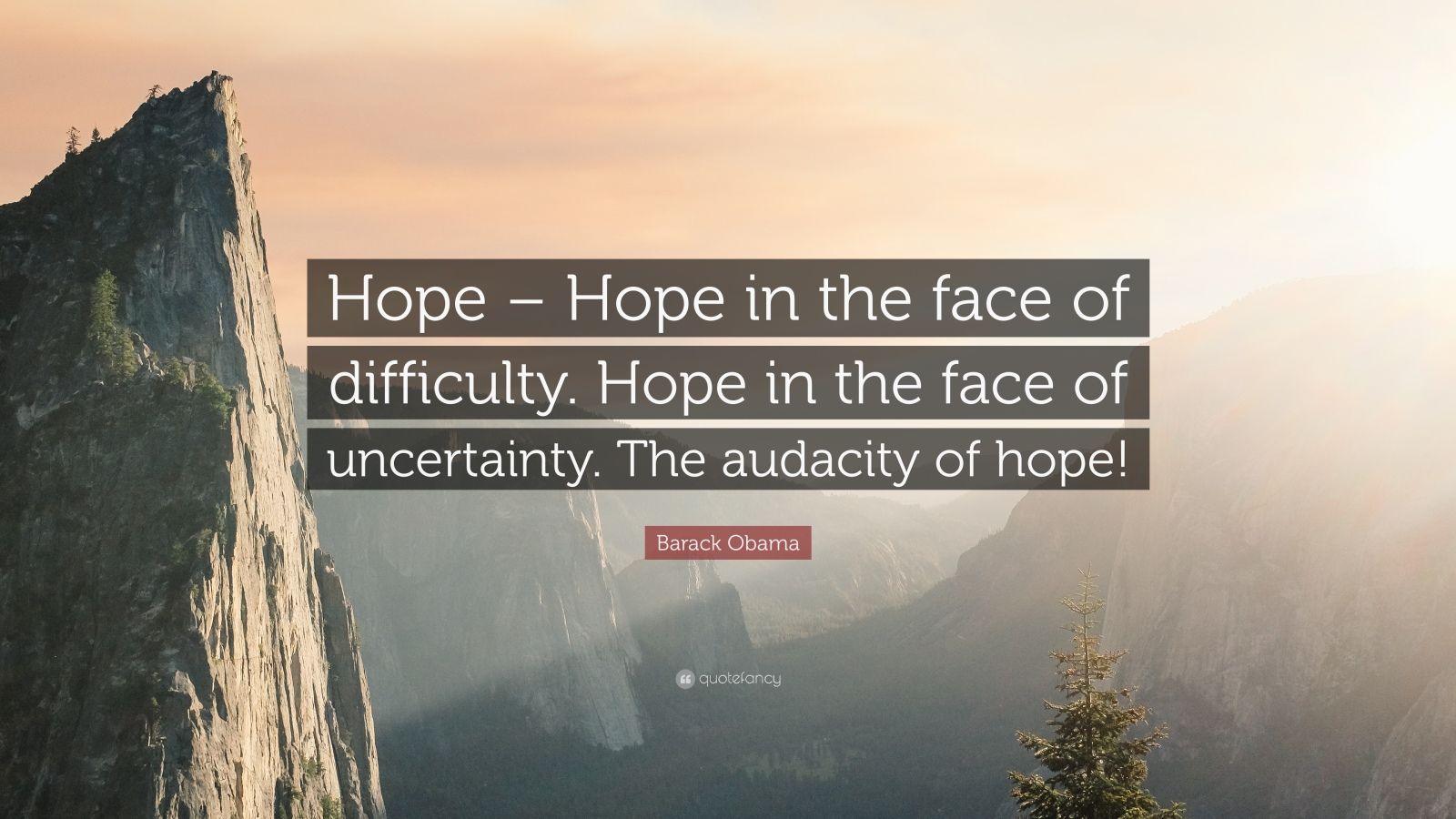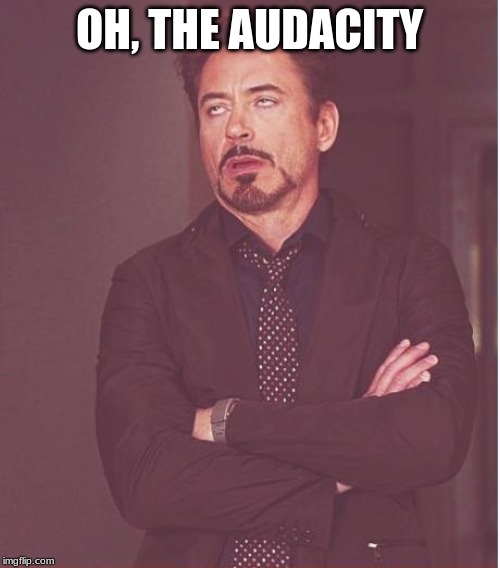

Sacred and affirming, these spaces offer comfort to the devalued, opening up possibilities for sharing connections and building coalitions as we learn how to live more meaningful lives.īut what happens when these spaces are under attack? When the sources of black pleasure become threats to state power? When thriving while black assaults the core of public profit and private ownership?Īmidst the fraught intersection of law, race, and class, ferocious attacks on black pleasure and life become commonplace and integral to the militarized carceral state. As I’ve learned, calls to embrace black joy become revolutionary in the wake of the dehumanization of the militarized carceral state.įrom backyard get-togethers to evening lounges, daily religious practices to public recreational activities, streetside rebellions to artistic vibrations, the varied sources of black pleasure have historically provided the light of hope alongside dark brutalities. It is more important than ever to secure healing spaces that revive spirits as they uplift souls. I wondered how marginalized people could develop a sense of community that moved beyond the deep feelings of non-belonging in a world that tells you that you are not deserving of pleasure.īlack pleasure is a political act in the era of anti-black (& poor) state sanctioned violence. I pondered the psychic toll that arises from such explicit and implicit acts of terror that occur alongside quotidian activities such as parking, driving, and playing music. I thought about witnessing working class people enjoying the suffering of other working class people. “That was the money I just worked for today,” stated my friend.

In the context of constrained income and an increasingly dehumanizing carceral state, it meant arrest for minor offenses. It meant no transportation to home and work. The assaults on pleasure meant more than just no more fun. I felt incomplete as I saw sullen black and brown faces while driving away. They chuckled as one joked: “do I get to have $50 out of this?” I cringed. After accepting my friend’s frantic plea to pay the cost ($200) to receive her car, the workers released the vehicle. As we approached the tow truck driver, he explained that the city hired him to pick up cars “illegally parked” near the river walk. With focused dedication, the workers of the towing company lifted at least 10 vehicles. My friend raced across the pavement and towards the crowd. “That’s your car!” I yelled in disbelief. As I nodded in astonishment, my wide eyes wandered to the bike holder on a silver 2006 Ford Fusion that was gradually lifted onto one of the trucks. “It looks like they’re towing all those vehicles,” my friend exclaimed. Tow trucks, police officers, and families filled the space of the open lot for what seemed to be a massive towing event. Suddenly, my friend and I noticed a crowd gathered around the parking lot. As I reveled in the joy of witnessing black and brown pleasure, I remembered how revolutionary these public expressions of love are amidst tides of hate and violence.

The cacophony of laughter, music, and car horns filled my ears while strolling down the river walk with my friend.

The calm of the crisp summer breeze creates a soothing serenity.


 0 kommentar(er)
0 kommentar(er)
